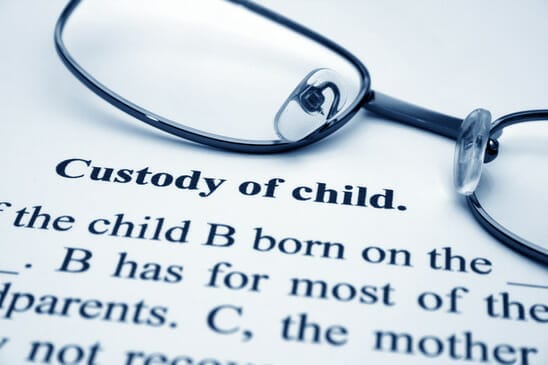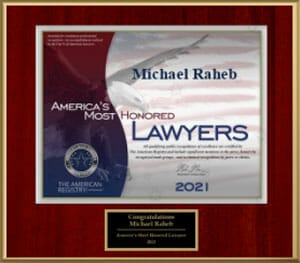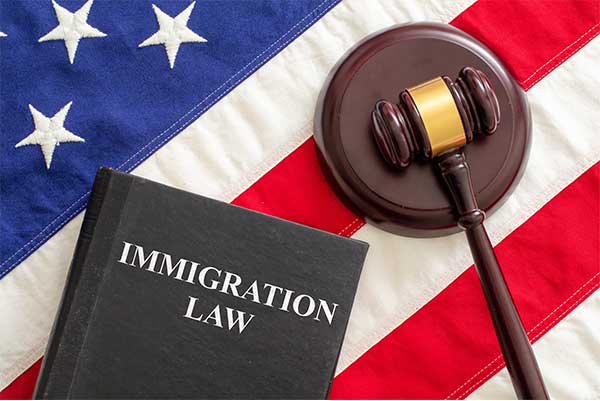Can Children Testify in Custody Cases? Naples Child Custody Lawyer Explains
When modifying or establishing parental responsibility, or approving, developing, modifying or creating a parenting plan, the primary consideration is the child’s best interests. But how do judges determine the best interests of a child?

Florida Statues Section 61.13 outlines the factors that judges consider when making this determination. These factors include but are not limited to:
- The willingness and ability of each parent to encourage and facilitate a continuing and close relationship with the child, to uphold the time-sharing arrangement, and to be reasonable when modifications become necessary;
- The willingness and ability of each parent to meet the child’s needs as opposed to the needs of that parent;
- The willingness and ability of each parent to stay involved in the child’s school and extracurricular activities;
- The amount of time the child has resided in a satisfactory, stable environment, and the parent’s desire to maintain that environment;
- The moral fitness of each parent;
- The physical and mental health of each parent;
- And other factors.
Another consideration may be “the reasonable preference of the child, if the court deems the child to be of sufficient intelligence, understanding, and experience to express a preference.” However, many judges make considerable efforts to prevent children from testifying because it is a stressful experience.
If you are facing divorce or a custody battle in Florida, contact the Law Offices of Michael M. Raheb, P.A. Mr. Raheb is a child custody attorney in Naples who can protect your interests. Call 866-949-0888 to schedule a free initial consultation.
When can children be witnesses in Florida custody cases?
According to RULE 12.407. TESTIMONY AND ATTENDANCE OF MINOR CHILD:
“No minor child shall be deposed or brought to a deposition, brought to court to appear as a witness or to attend a hearing, or subpoenaed to appear at a hearing without prior order of the court based on good cause shown unless in an emergency situation.”
As such, judges are not always willing to let children act as witnesses in child custody matters. However, according to Florida Statues Section 61.13, if the court determines that the child is of sufficient experience, understanding and intelligence, then it can consider the preferences of the child when modifying or establishing parental responsibility, or approving, developing, modifying or creating a parenting plan.
There is no specific age that a child must be in order for the court to consider his or her preferences regarding custody.
There are several ways the court could obtain a child’s preference regarding custody. The court can appoint a psychologist to interview the child and then testify in court about his or her preference. The judge may choose to interview the child in his or her chambers in the presence of a court reporter. The court may also appoint a guardian ad litem to represent the child’s best interests and testify in court regarding the child’s preference.
If you are facing a child custody dispute, contact the Law Offices of Michael M. Raheb, P.A. As your child custody lawyer in Naples, Mr. Raheb will aggressively represent your interests. Call 866-949-0888 to schedule a consultation.




































